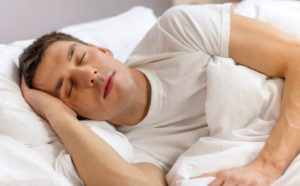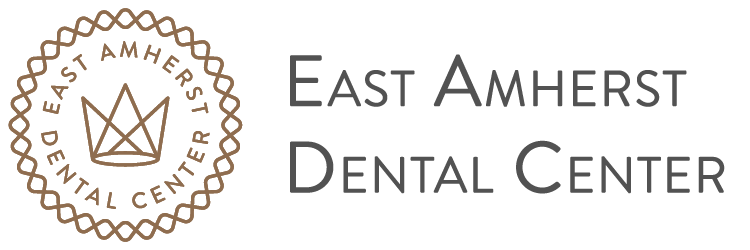Sleep Apnea & Your Dental Health

It might surprise some people to find out that dentists are often the first to diagnose sleep disorders in their patients. That is because sleep disorders, such as sleep apnea, and your oral health are closely linked. More than 18 million Americans struggle with sleep apnea, with many people being left undiagnosed for years. For those that are suffering from sleep apnea, keep reading for a complete breakdown of how this affects your dental health.
What is Sleep Apnea?
It is a disorder where breathing periodically stops while a person is sleeping. It’s a common disorder and usually occurs because of a blocked airway or a messaging problem in the brain. People with this disorder often struggle with getting a full night’s rest. Additionally, they may be at a higher risk of certain oral health issues.
Common Signs You Have Sleep Apnea
If you live with roommates or sleep with a partner, they may be the first to inform you that you have sleep apnea. Otherwise, some common signs are waking up with jaw or teeth pain, feeling unrested, waking up with a dry mouth, and having sensitive teeth.
Sleep Apnea & Your Dental Health
How Snoring Can Cause Oral Infections
Many people who have sleep apnea also experience snoring. Unfortunately, snoring can lead to a dry mouth, as the mouth continually opens and closes throughout the night. Your body produces saliva to protect your mouth and defend against tooth decay by washing away food debris. Snoring can create a dry mouth, which can lead to a breeding ground for oral infections.
Grinding Teeth (Bruxism)
One in four people with sleep apnea grinds their teeth throughout the night. Grinding teeth can have a variety of negative consequences, including:
- Damaging your teeth’s enamel
- Cracked or broken teeth
- Tooth sensitivity
- Temporomandibular joint disorder (TMJ) which can result in significant jaw pain
- Migraines
- Oral numbness and pain
- Pinched nerves
- Loss of sleep
- Increase in cavities
Dental Solutions
If you think you may have sleep apnea, you should notify your dentist. Your dentist can look for warning signs or conduct a sleep study to confirm your potential diagnosis. Depending on your unique case, there can be several solutions to help aid some of the symptoms. There are some devices on the market your dentist may recommend you try out, such as a tongue retaining device, a dental guard, an oral splint, or a mandibular repositioning device to unblock your airways.
For people with severe sleep apnea, a standard treatment method is a CPAP device (continuous positive airway pressure device). This device includes a mask that fits over the nose during sleep and helps to keep air passages open. Patients who use a CPAP device typically find their teeth grinding improves as well as their snoring. Your dentist can advise if a CPAP device is the right choice for you.
East Amherst Dental Center
Your oral health should always be a top priority. If you suspect that you’re suffering from sleep apnea, visit the East Amherst Dental Center for a full diagnosis and treatment plan. This is not a condition that you just have to live with; you can get the help to live a more comfortable and healthy life. Book an appointment at East Amherst Dental Center today!
